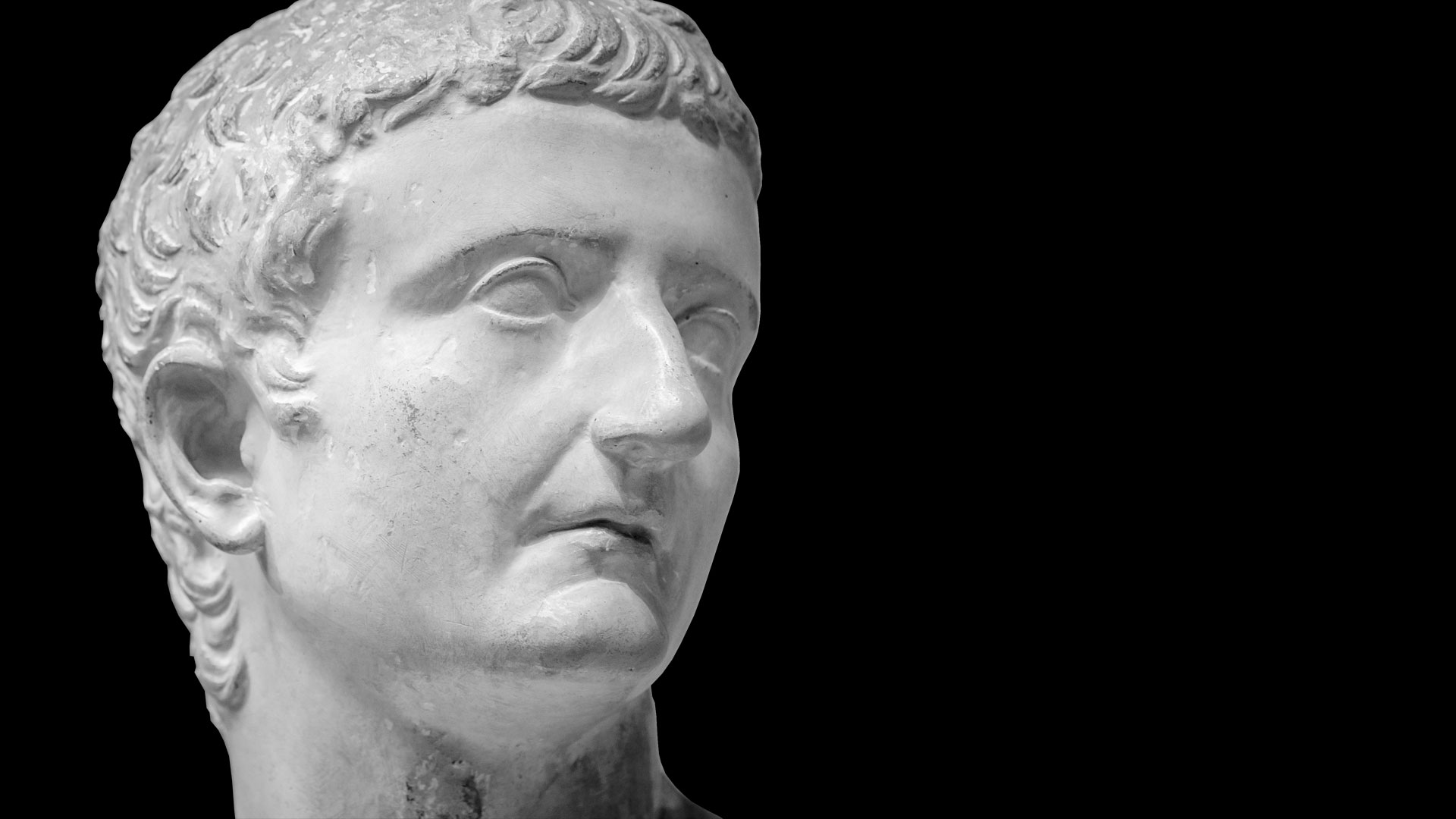When we hear that the Bible is the Word of God, we should expect it to be nearly perfect in all aspect. And yet, it seems that there are contradictions between the claims of the four Gospels itself.
J. Warner Wallace used to be an atheist & homicide detective. After examining the Gospels, the alleged ‘contradictions’ convinced him that they are reliable eyewitness testimonies. How so?
The big picture
Modern days

Just watch or read any news today, and you’ll quickly realize they don’t always say the same thing. There are differences between them. Does it mean that they are all wrong? Should we throw away all sources because it’s bias? No. The truth is somewhere there. They just report what they know, and sometimes what they prefer to focus on. Two people can be exposed to the same evidence, yet, end up with a different result. If we can find at least a certain coherence between them, there are good chances that they told the same thing. Things differ about what it’s written, not what it’s asserted.
If that happen today, why can’t we give a chance for the Gospels as well?
Late antiquity
Christians consider the Bible as the Word of God. But, how could it be divine, if it has so many “contradictions”?
If the New Testament contains alleged ‘contradictions’, by the same standard, most of the reliable sources of antiquity do have disagreements too.

For example, the four biographies of the Roman emperor Tiberius are far from being perfect: they disagree on a matter of political action and motive, as well as in specific details of minor events1.
- the Great Fire of Rome by Nero
- the crossing of the Rubicon by Julius Cesar
Yet, no historian of antiquity question if any of them happen at all. Apply the same standard to the four Gospels, and you still get a very reliable source of information.
Because they are based on oral tradition or multiple eyewitness testimony. Not everybody report stories the same way. Some differences are reconcilable, others don’t.
If the 4 Gospels were only one single book, this will be problematic.
In a police report, it’s a good sign when there’s differences between the accounts. Why? Because if the stories of the eyewitness are identical word for word, then it’s very suspicious. You would think that they meet up and re-arrange small details to cover up the whole story. If 2 people got the same core, but differ on small details, it’s a good sign.
The Gospels holds several ‘alleged‘ contradictions. It’s completely normal when we expect to collect information from eyewitnesses. They don’t remember everything. One person pay more attention to a specific detail. If their stories were identical, word for word, it’s very suspicious.
The first attempted to harmonize the 4 Gospels in the early Church was made by Tatian (120-180 AD) in his book “Diatessaron“, written in Syriac.
St Augustine of Hippo
A difference or a variation isn’t a contradiction.
Finding truth
The 4 Gospels are based on eyewitness testimonies. They have enough differences between them to disprove the idea of inner conspiracy, but enough consistency to prove that they aren’t made-up.
Michael R. Licona developed literacy techniques to better understand the differences between each Gospel accounts, by comparing them with Plutarch2 (Greek historian / biographer).
- transferal
- displacement
- conflation
- compression
- spotlighting
- simplification
- expansion of narrative details
- paraphrasing
Complementary
…
Jewish context
…
Spotlight
If the Gospel authors didn’t mentioned certain people, it’s because they put the focus (spotlight) a specific character. Doesn’t mean that the others weren’t there.
Ex: My friend said there was 10 people at her house party, but I told her that I only saw 5. Well, it’s because half of them were staying in the basement when I was at the front door, and I was standing there for only 2 minutes.
The Gospel reported the same.
| Event | Matthew | Mark | Luke | John | Verdict |
| . | |||||
| . | |||||
| . | |||||
| . | |||||
| Hour of Jesus’ death | 3PM | 3PM | 3PM |
Context is always important when we read the Bible.
The 4 Gospels were written by eye-witness testimonies. When police interview people during an event, they don’t expect to have 100% similarity in the small details, but as long as the core is still there, they can rely on it.
As Matthew & Luke might have copied 90% of the content of the Gospel of Mark, they all write & rephrase in their own language. That’s normal, students do the same thing in class (they all receive the same pieces of information from the teacher, but they can decide to remember, accentuate, highlight, etc. certain aspects that they find important for them to memorize).
Things differ about what it’s written, not what it’s asserted.
Ex: “This is my beloved Son” (Mt 3:17) / “You are my beloved Son” (Mk 1:11, Lk 3:22)
It’s the same thing: Jesus is the beloved Son of God. This isn’t a contradiction.
Just like synonyms, the meaning is still the same, and that’s what matters because we can understand the intention behind it.
To be a real contradiction, one of them have to write that Jesus isn’t the beloved Son of God at all. That would be a real one!
Again, the 4 Gospels have 4 different authors, the vocabulary they use might differ from one to another, and it’s normal, none of us are alike when we speak.
A concrete example:
A student was sick and miss the lesson of the day. He asks 2 of his friends what they’ve learned. One said: “The teacher told us about Church history today.” The other said: “Our professor taught us about the growth of Christianity between 33 AD to 393 AD”. 2 different vocabularies, but same idea: they received a lesson about Church history.
Complementary: the 4 authors wrote down something that can be filled by other accounts
Ex: In Mk 16:12, there was 2 disciples walking on the road, that story is added in detail in Lk 24:13 (road to Emmaus).
Understand the Jewish context
We have to read the Gospels with a 1st-century Jewish lens, not a modern understanding.
Ex: the Synoptic Gospels tells that Jesus died on Friday, John seems to be on Thursday; but according to Jewish context, the disciples were preparing for the Sabbath day, which is on Saturday, so John also implicitly tells that Jesus died on Friday too
How many women went to the tomb?
…
Jesus’ crucifixion inscriptions
| Matthew | Mark | Luke | John |
Matthew 27:37 : “This is Jesus, the King of the Jews”.
Mark 15:26 : “The King of the Jews”.
The veil of the sanctuary torn in 2
Matthew 27:51 : from top to bottom
Mark 15:38 : from top to bottom
Luke 23:45 : down the middle
Verdict: it was torn from the top down toward the middle
Did Jesus died at 9AM or 3PM?
Nevertheless, I’m still convinced that the Gospels remains a very reliable document, with a level of sophistication that is outside of this world, which power can transform lives.
Recommended books
- Michael R. Licona – “Why are there differences in the Gospels?”
- Lydie McGrew – “Hidden in Plain View: Undesigned Coincidences in the Gospels and Acts”
- J. Warner Wallace – “Cold-Case Christianity : A Homicide Detective Investigates the Claims of the Gospels”